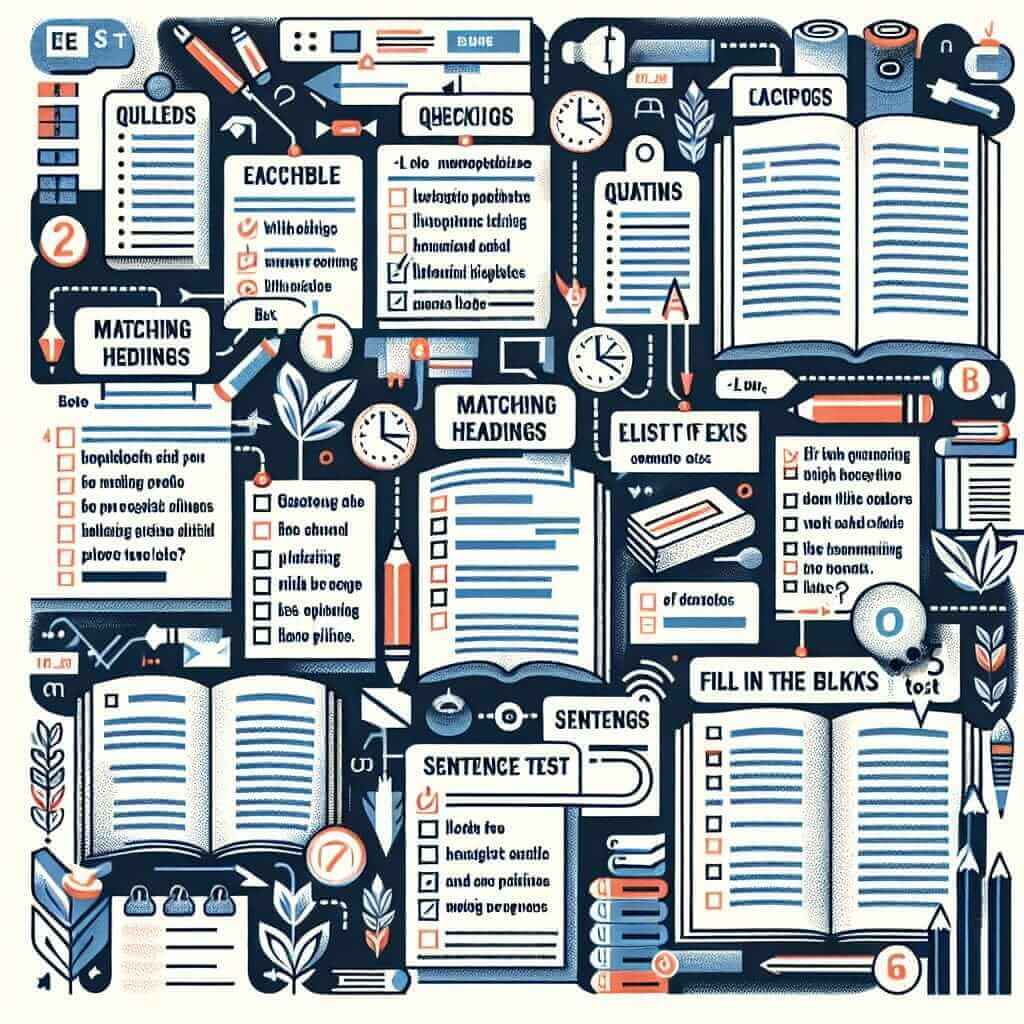The IELTS Reading module is an essential component of the IELTS exam, designed to assess a candidate’s ability to understand and interpret written English. This module is crucial not only for achieving a good overall IELTS score but also for ensuring readiness for academic or professional environments where English is the primary language.
Understanding the IELTS Reading Module
The IELTS Reading module consists of 40 questions, designed to test a wide range of reading skills. These skills include reading for gist, reading for main ideas, reading for detail, skimming, understanding logical argument, and recognizing writers’ opinions, attitudes, and purpose. The module is divided into three sections, each containing one long text which can be descriptive, factual, discursive, or analytical.
Types of Texts and Questions
-
Texts: The texts in the reading section are taken from books, journals, magazines, and newspapers. They vary in complexity and feature a range of topics from academic subjects to general interest.
-
Questions: The questions in the Reading module vary and could include multiple-choice, identifying information, identifying writer’s views/claims, matching information, headings, features, sentence endings, sentence completion, summary/note/table/flow-chart completion, diagram label completion, short-answer questions.
Examples
Here are a few examples of the types of questions you might encounter in the IELTS Reading module:
-
Multiple Choice:
- Example: Choose the correct answer from four options (A, B, C, D).
- Question: According to the text, what is the primary purpose of the research study on climate change?
-
Matching Headings:
- Example: Match the headings (i-v) to the paragraphs (A-E).
- Question: Paragraph 1: __ (i. Causes of Climate Change, ii. Effects of Pollution, etc.)
-
True, False, Not Given:
- Example: Determine whether the following statement agrees with the information given in the text.
- Question: The research concluded that renewable energy sources are insufficient for modern energy needs. (True/False/Not Given)
-
Summary Completion:
- Example: Complete the summary below using the list of words provided.
- Question: Advances in medical science have significantly reduced the incidence of life-threatening diseases by developing and .

Applying Knowledge in the Actual IELTS Test
Practicing these types of questions helps in understanding what to expect in the actual examination. For instance, when encountering a “Matching Headings” question, students should look for topic sentences or keywords within paragraphs that indicate the main idea.
Common Mistakes and Misunderstandings
-
Misinterpreting Questions: Sometimes, candidates misunderstand the question type or requirements, leading to incorrect answers. It’s essential to thoroughly read instructions and practice each question type.
-
Time Management: Many students struggle with managing their time effectively. It’s advisable to allocate around 20 minutes per section. Practicing timed readings can help improve efficiency.
-
Overlooking Transition Words: Transition words like “however,” “therefore,” “additionally” provide crucial cues about the text’s structure and logic. Skimming for these words can help grasp the main point quickly.
How to Practice Effectively
-
Regular Reading: Engage with a variety of reading materials, including academic journals, newspapers, and magazines. This will broaden vocabulary and improve comprehension skills.
-
Timed Practice: Complete practice tests under timed conditions to get accustomed to the pace required.
-
Skimming and Scanning Techniques: These techniques aid in quickly locating information within a text.
-
Analyzing Errors: Reviewing incorrect answers helps in identifying recurring mistakes and understanding the reasoning behind the correct answers.
Conclusion
The IELTS Reading module is a critical part of the IELTS exam, assessing vital reading skills necessary for academic and professional success. By understanding the structure, practicing various question types, and applying effective reading strategies, candidates can significantly improve their performance. Focused practice, coupled with analyzing and learning from mistakes, will lead to a better understanding and a higher score in the IELTS Reading module. For more tips and practice materials, explore our other resources on IELTS.NET. Happy studying!
Feel free to leave your comments or questions below and let’s continue to learn together. Good luck!